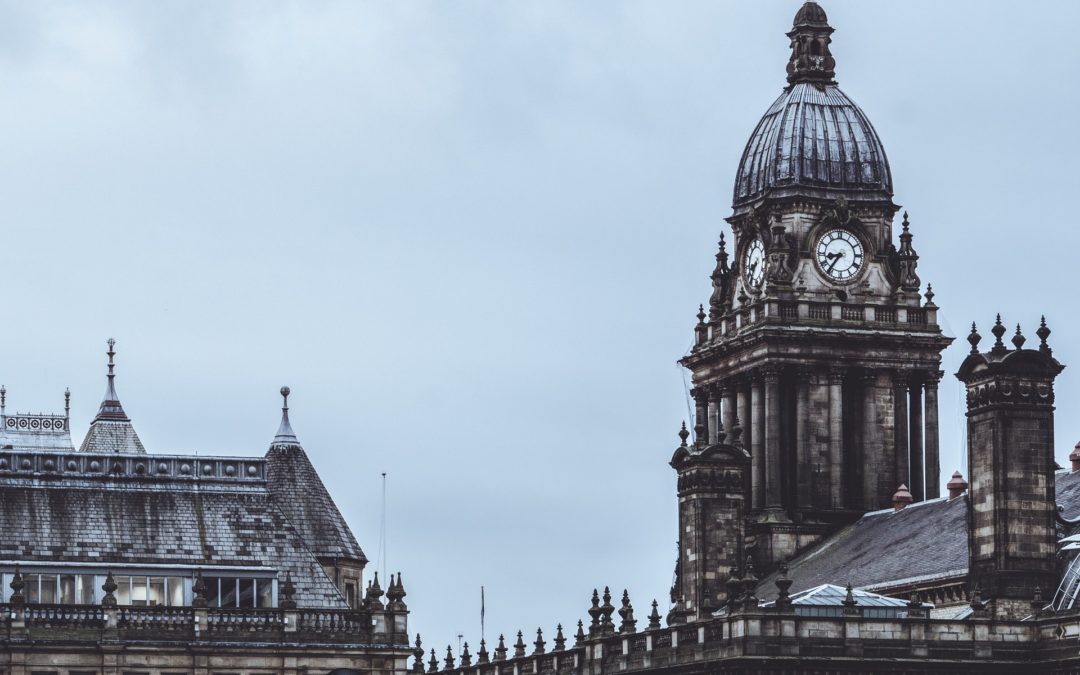This is my last blog post as poet theologian in virtual residence. It has been a fabulous experience; the journey began at the start of Covid, when Leeds Church Institute was looking for a way to work formally with me. I had already been involved in some previous projects, and suggested maybe the role of poet in residence. Little did we know back in the early weeks of 2020 how much this was going to need to be a ‘virtual’ residence. My brief was to write something uplifting but not bland, a blog post each week using poetry as a medium for theological reflection on how the communities of Leeds were experiencing lockdown.
There is exciting news to share. Each year LCI publishes a book which is disseminated widely, not just to members of the Institute but to other bodies in Leeds. In February these postings will become the 2021 LCI book; Reflections: A Poet Theologian in Lockdown Leeds. I asked Maytree Publishing, a micro poetry publisher based in Marsden (birthplace of our poet laureate Simon Armitage) to produce the book.
At the turn of the year it’s common to reflect on the one that is passing and the one that is coming. What can any of us say about 2020 except (as we heard so often) that these were exceptional, unprecedented times. In a way, that’s true – you never step into the same river twice. But there have been plagues before. And communities have rebuilt themselves, not necessarily to be as they were, but viable in different ways. The Japanese practice of Kintsugi takes broken pottery and pieces it together using gold to hold the fragments in a new and beautiful whole. The mending is visible; the flaws are shared and celebrated.
I’ve chosen as my final poem a short section from Tennyson’s long poem In Memoriam, written in grief but also celebration of a life of a young friend, who died suddenly and prematurely. Should you want to read more, it’s from section CVI. As a young woman, building my identity, I assumed that being a Victorian from an aristocratic background, Tennyson would not ‘speak’ to someone like me, from a very different background. So responding to his poetry invites me to be open, willing to read between the lines, sifting out the odd pre-feminist, classist insight to get to the kernel. And I cannot fail to admire his craft – the way he uses the rich devices within the English language to evoke and express mood, time and place. For me, a good poem can do its work in many different ways. It may hold up a mirror to what you are feeling, using familiar images and moods. It may jolt you out of a comfortable complacency by bringing new light to themes you thought you understood. It may just leave you with a sense of wonder or delight; it may simply be beautiful. As you turn the pages of my book, I hope the poems and reflections will feed you in some way. Thanks for reading.
‘Ring out, wild bells, to the wild sky,
The flying cloud, the frosty light:
The year is dying in the night;
Ring out, wild bells, and let him die.
Ring out the old, ring in the new,
Ring, happy bells, across the snow:
The year is going, let him go;
Ring out the false, ring in the new.
Ring out the grief that saps the mind,
For those that here we see no more;
Ring out the feud of rich and poor,
Ring in redress to all mankind.’

